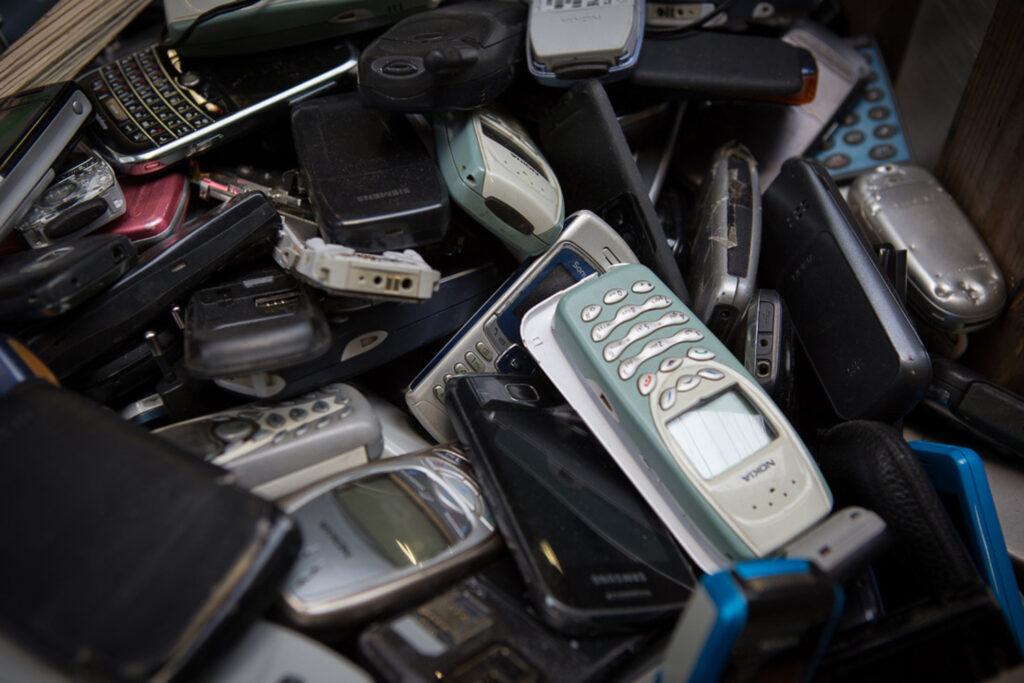A Belgian household contains an average of 106 electrical and electronic devices, with 12 no longer in use, according to a new study by Recupel.
This represents an increase of 4 million devices compared to 2019, the non-profit organisation responsible for the collection and sustainable processing of these used devices noted in their new study, published on Tuesday.
Some of these items are still functional, while others are broken. Among the most unused devices are extension leads, mood lights, torches, digital photo frames, electronic toys, light fixtures, mobile phones, and headphones.
"With such a large number of devices, we could fill the Boerentoren in Antwerp five times or the Bastion Tower in Brussels eight times," highlighted Recupel.
To mark European Waste Reduction Week, which ends on Sunday, the association will project an enormous mural of piled-up electronic devices on these two towers to draw attention to the importance of reuse and recycling.
"It is striking that 12% of respondents do not know where electronic devices can be recycled, and 8% are not even aware that broken electronic devices can be recycled," pointed out Recupel.
While some objects are left forgotten in the household, 13.7% of respondents admit to disposing of electronics with household waste. "By doing this, the devices will be incinerated, which is dangerous and has a negative impact on the environment," warned Recupel CEO Eric Dewaet.
If a device is still in good working order, it can be taken to a recycling centre, the non-profit organisation reminds the public. Broken devices can be taken to the recycling park, a store, or a supermarket.

